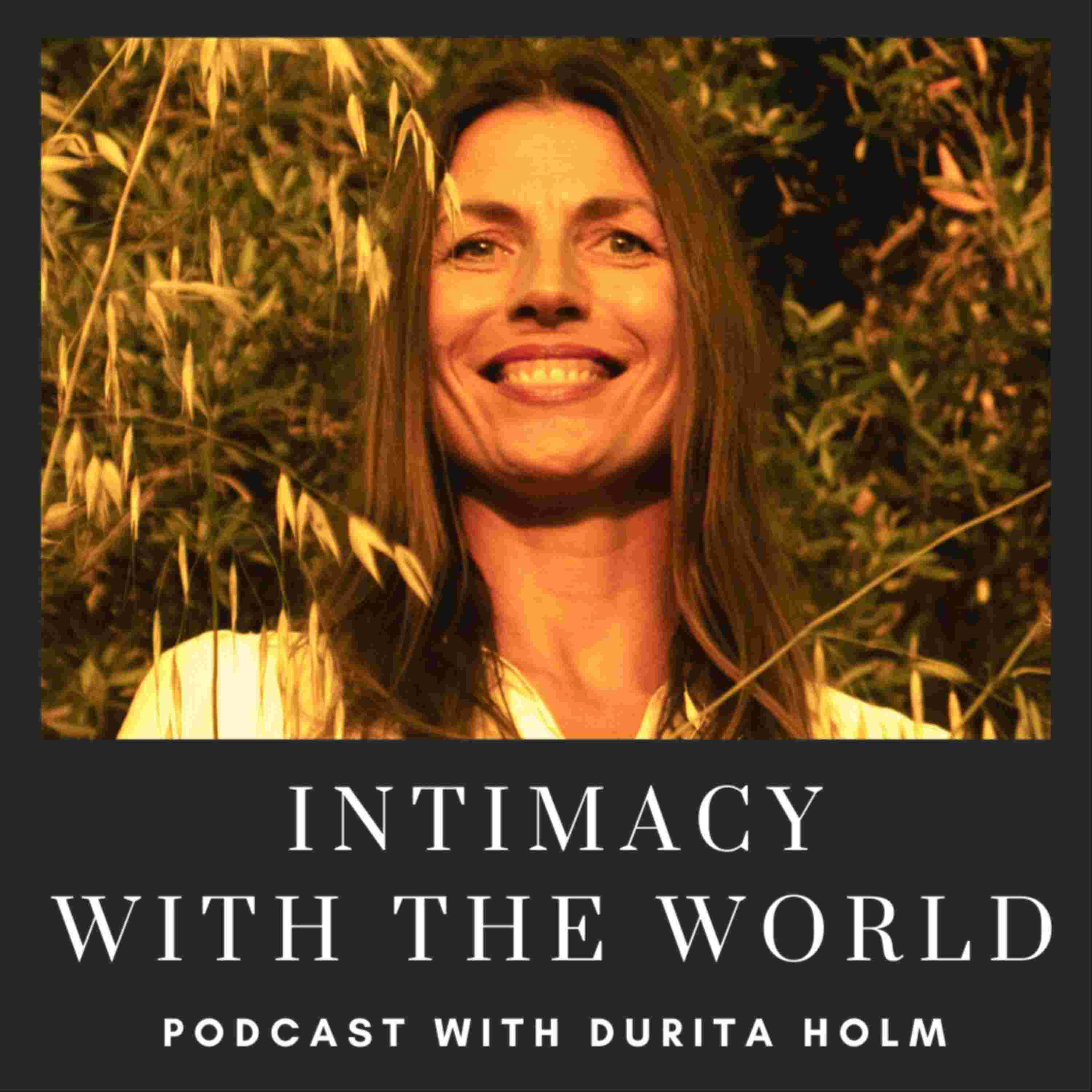Marine biologist Helen Scales passion for the ocean, all its creatures and its whole otherworldliness is truly fascinating - it shows us how to keep intact our curiosity, our awe and our respect for all life and all places, also the ones we cannot see.
- Why did she become a marine biologist - a nature-kid with a tiny little stone cottage by the sea in Cornwall
- The sensation of breathing under water - the closest she could get to being a fish, and the first time she saw a fish under water
- The sensation of putting herself into an other world - wanting to se what is in the hidden worlds
- And how when you are really paying attention, you can see the most wondrous really small creatures
- The ocean is a huge mass of life, and all that life is interdependently connected
- How the ocean pulls out half of all the carbon dioxide that the planet pulls down
- How the ocean feeds the earth, and vice versa.
- How we can so easily disrupt these networks. And how changing one thing, has consequences for other things
- how the ocean absorbs both excess heat and CO2, and how that co2 absorption creates ocean acidity
- The coral reefs are both being impacted by the heating of the ocean and the acidity
- 1/4 of all the life in the ocean lives around coral reefs
- We speak about the deep sea coral reefs growing on seamounts
- How the Greenland shark lives for 500 years
- How we need each other to survive
- Where does one life begin and another one begin, when many living beings live in such deep symbiosis
- How life goes absolutely everywhere, and just adapt
- Chemo-synthesis on hydrothermal vents, full of toxic chemicals, and lots of animals are adapted to that environment
- How chemo-synthesis is a wholly different kind of all life than life as we know it, which is dependent on photosynthesis.
- deep sea mining for our green revolution like electric car batteries
- The paradigm of just keep extracting from the earth, without giving back
- Thinking about regeneration
- There is an increasing interest in nature and our connection to nature
- Important to start individually to make changes
- What kind of world do we want to live in?
- Can we make the mental shift and keep exploring the world, but not having to extract what we find.
- We talk about the possibility of life on other planets
- NASA is looking closely at life in the deep oceans
- How life on the planet perhaps started in the deep oceans
- What is life actually, and how energy needs to be generated for life to arise
www.helenscales.com
www.duritaholm.com

